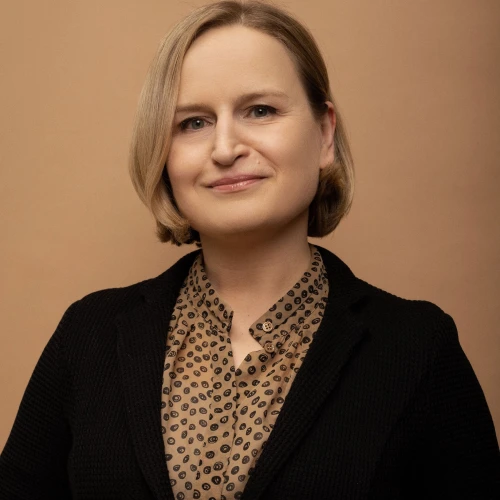
About module
Kristina Maikštėnienė, the long-time teacher of ISM Executive School, beloved by students, will invite you to the long-term Business Development and Sustainability module in the fall of this year. The lecturer has visited the world's most famous universities and conferences, gathered Lithuanian and foreign professionals and now invites master's students to "arrange in the shelves" the system of the latest knowledge and practices on the subject. The module is unique as it looks at sustainability through the prism of business (commercial and non-commercial activities) development and expansion, paying special attention to the measurability of the decisions’ value.
Modulis unikalus tuo, kad jame į tvarumą bus žvelgiama per verslo (komercinių ir nekomercinių veiklų) vystymo bei plėtros prizmę, ypatingą dėmesį skiriant sprendimų vertės pamatuojamumui.
Facade repainting or fundamental renovation?
The concept of sustainability is mentioned so often that it becomes important to distinguish between its shades and goals. Applying the housing analogy, we may say that a number of companies still choose to paint the facade with "sustainable" paint that protects against the effects of the environment. However, the number of people investing in fundamental, well-calculated and effective home renovation is increasing rapidly. Even those who choose to repaint the facade instead of fundamental business changes do so with good wishes and goals. However, they lack knowledge, examples and measurable tools in order to make a decision and convince others to open new directions of business development. There is also a lack of strong arguments to initiate change.
The window of opportunity is not infinite. At the international and national level, a legal framework is being created for ESG (Environmental, Social, Governance) principles. It is likely that large companies will soon be required to publish sustainability reports along with management reports, the disclosure requirements of which will be comparable to those applied to the data presented in financial statements.
The development and implementation of other strategies will require engaged internal managers who manage knowledge and a network of experts.
Thinking. An integrated strategic mindset is trained through network and systems science. The goal is sustainable business development (transformation).
Knowledge. "Shelved" system of knowledge and practices of sustainable business development, which includes essential techniques of sustainable innovation (product, business model, ecosystem levels).
The effect. The graduate of the module will be fully prepared to ignite (initiate) change in a specific company, transforming it through one or more levels of sustainability maturity.
The module is unique in that it teaches not to conduct an audit or to prepare a report, but basically to understand the architecture of a specific business and to plan a specific measurable change in business development towards sustainability. A perfect textbook for these changes has yet to be written. In order to be a few steps ahead, we have put together in one module what the world's best business schools, businesses developing sustainability competences and consultants in individual fields know.
Throughout the semester, you will meet directly with many Lithuanian and foreign lecturers and sustainability practitioners and experts in individual fields. From indirect (secondary) sources, you will also be able to trace who knows what in Lithuania and in the world. From the very first meetings, this will form part of the module group's competence links so that when needed you have a view of the 'who's who' in the world of sustainability, so that you can quickly find the information you need and correctly identify sources of competence. Together with the ISM Digital Innovation LAB, we will initiate solutions that help you integrate this network into your personal networking.
A real sustainability transformation project will be born already during the studies of this module. In groups of three people, using a consistent structure developed at New York University's Stern School of Business and a combination of several methodologies (informal in-depth interviews, questioning and questioning techniques, overcoming a decentralized expert network), participants will prepare a business case for sustainability of a specific company ("Business Case for Sustainability") . Its purpose is to propose and argue for a specific strategic change (transformation) of organizational sustainability.
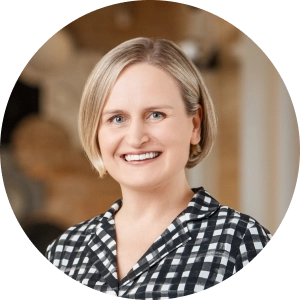
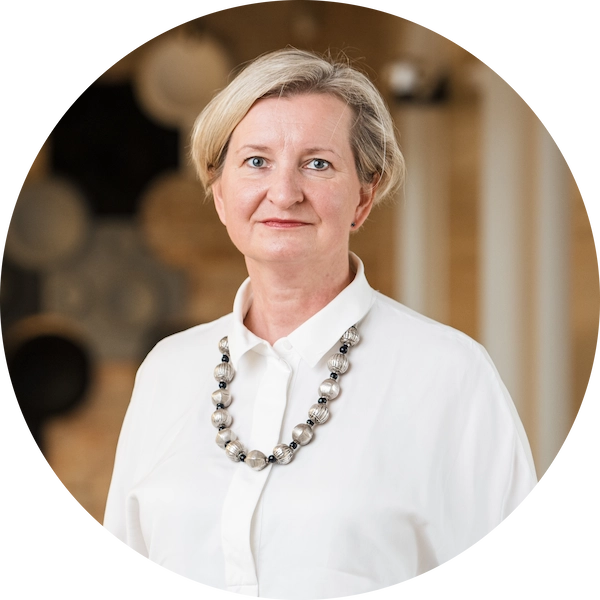

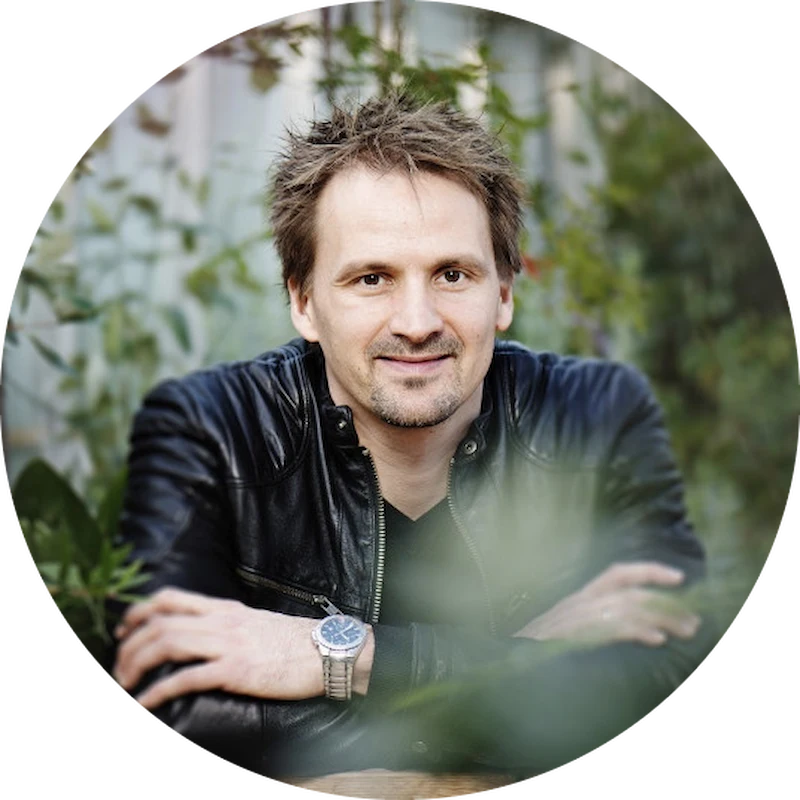
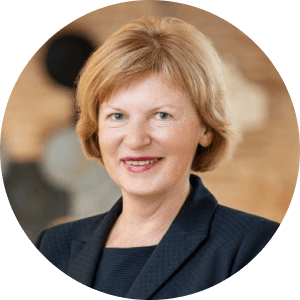
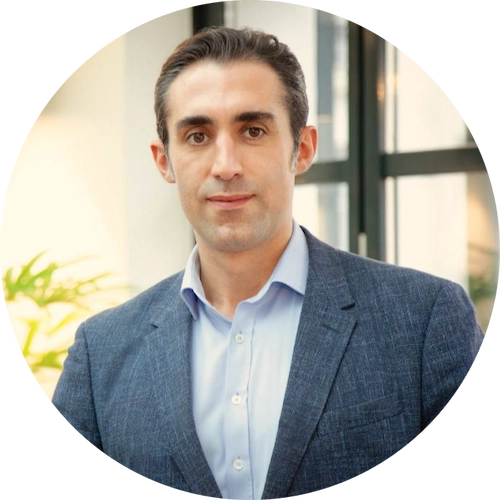

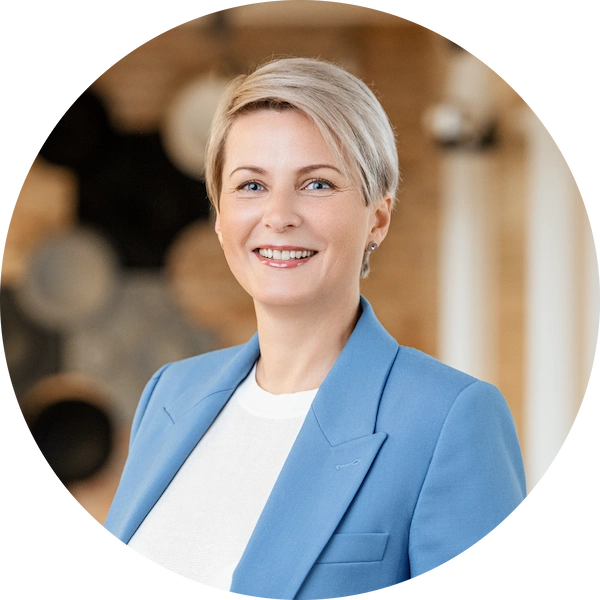
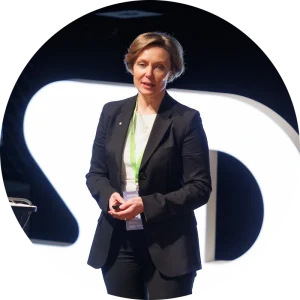





Gedimino ave. 7, Vilnius, LT-01103, Lithuania
Phone: +370 687 08080
Email: ism@archive.ism.lt